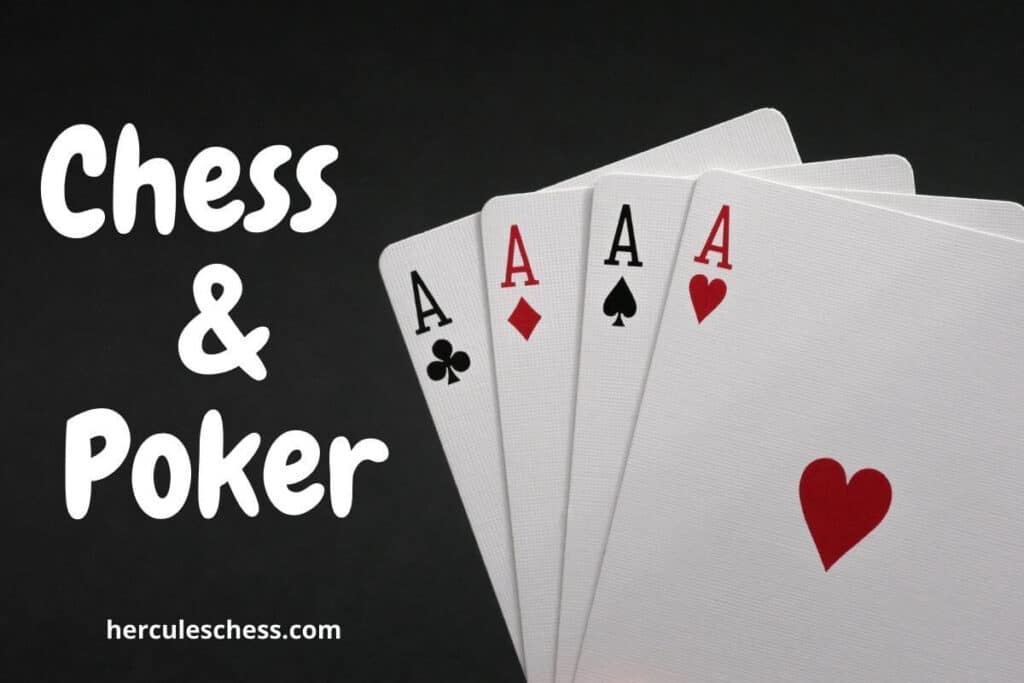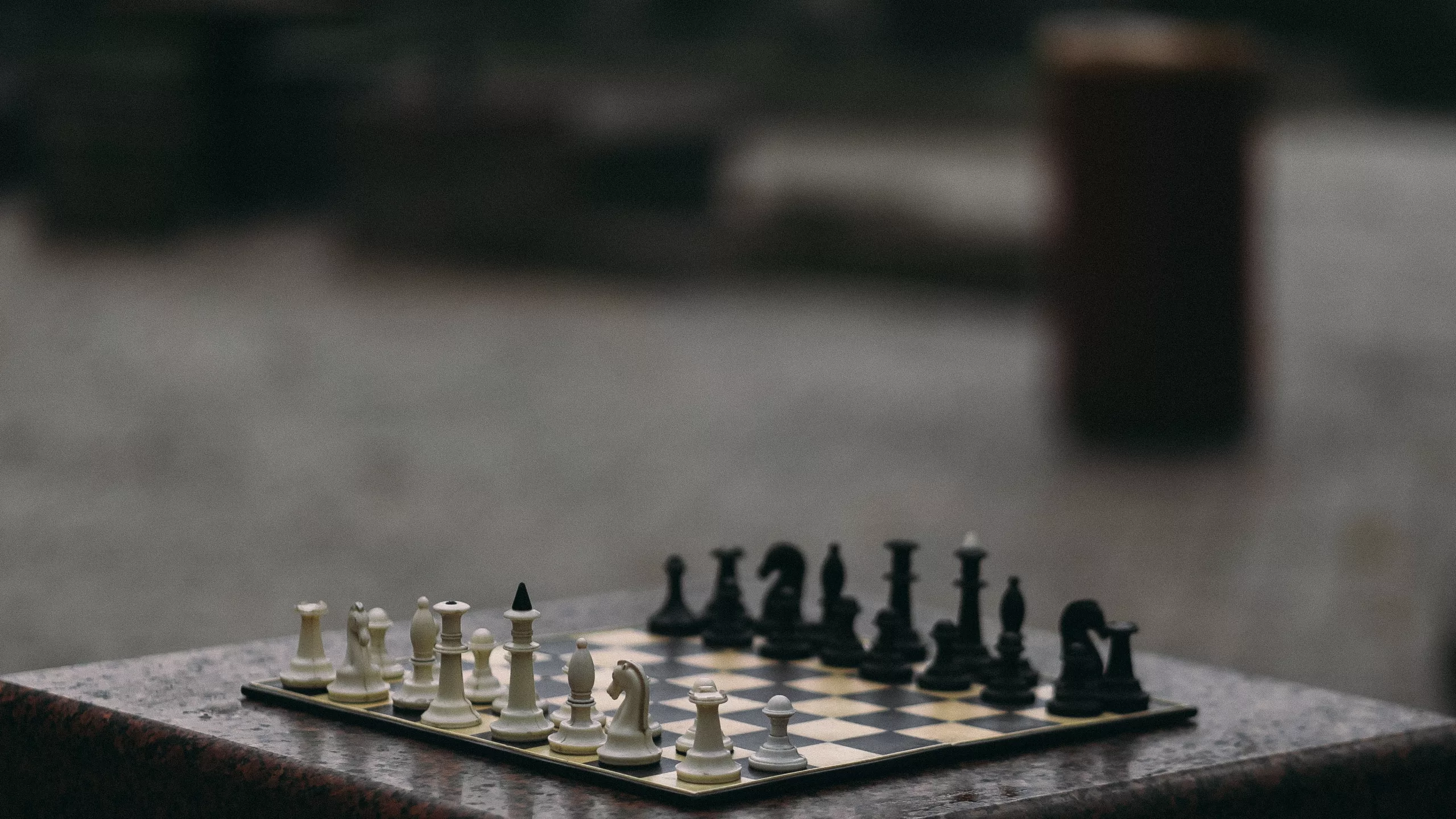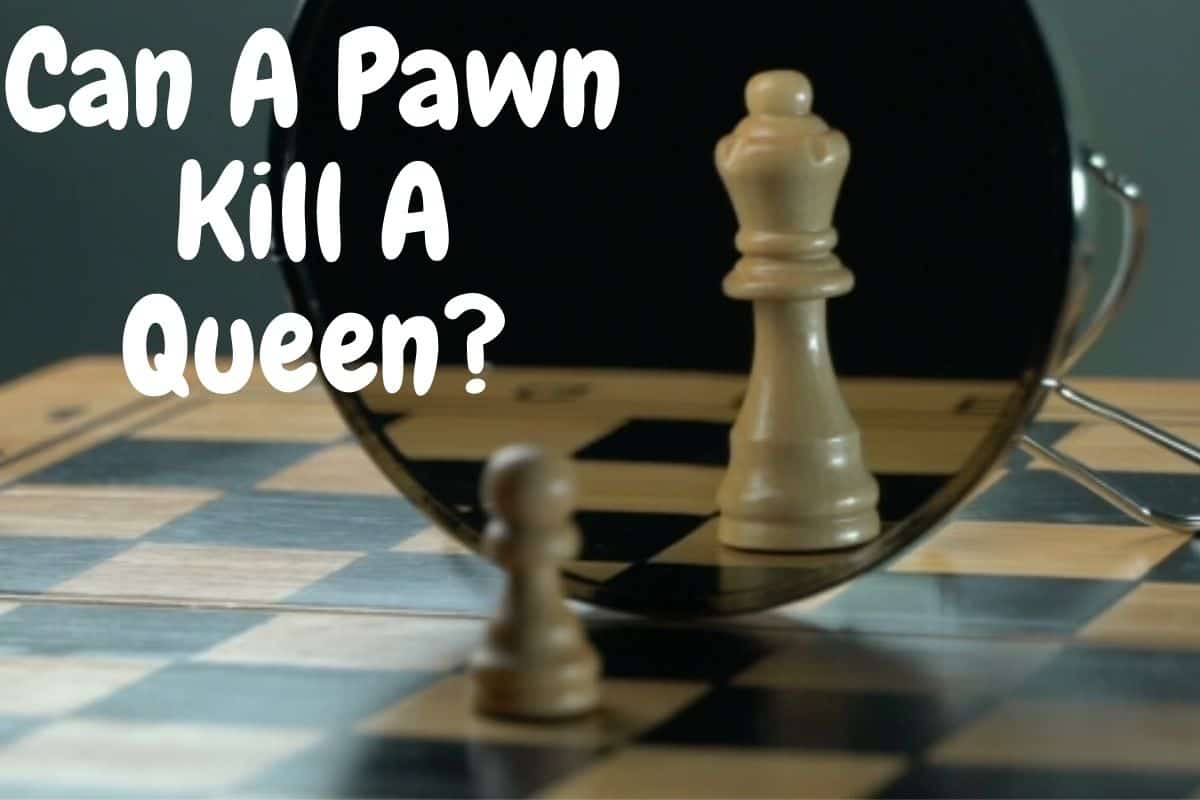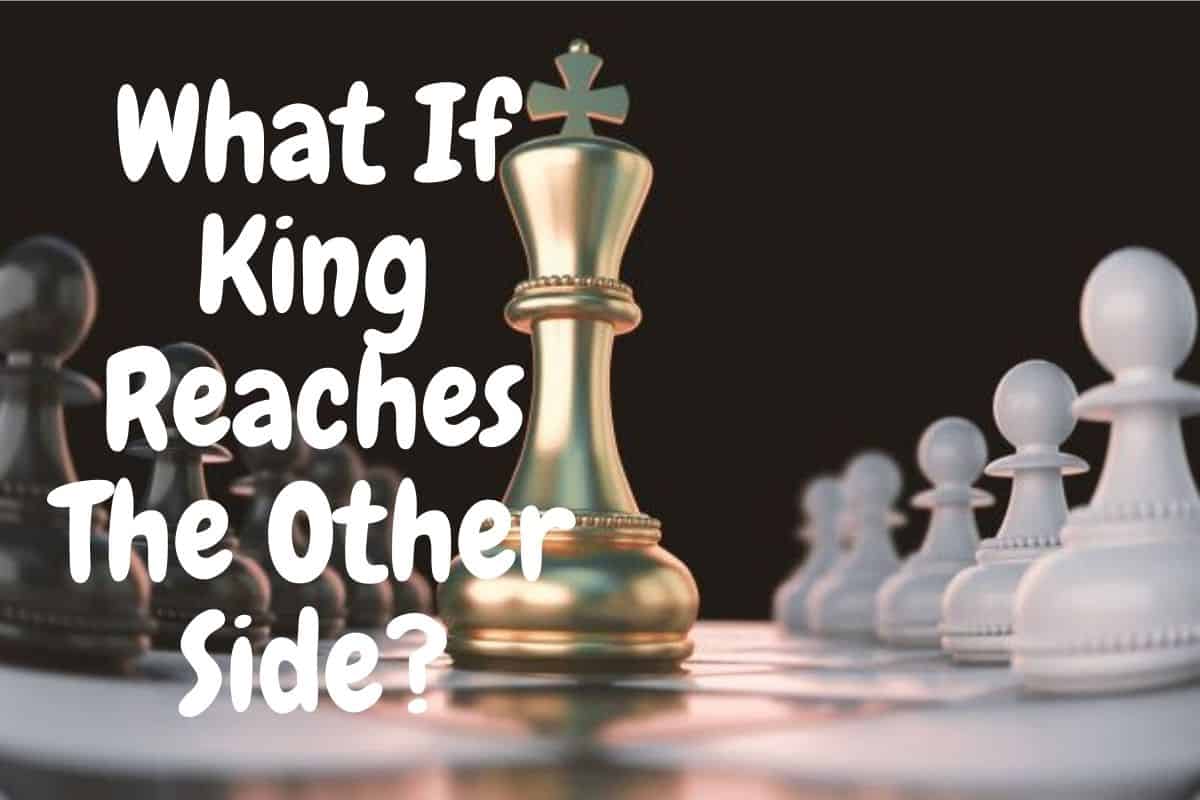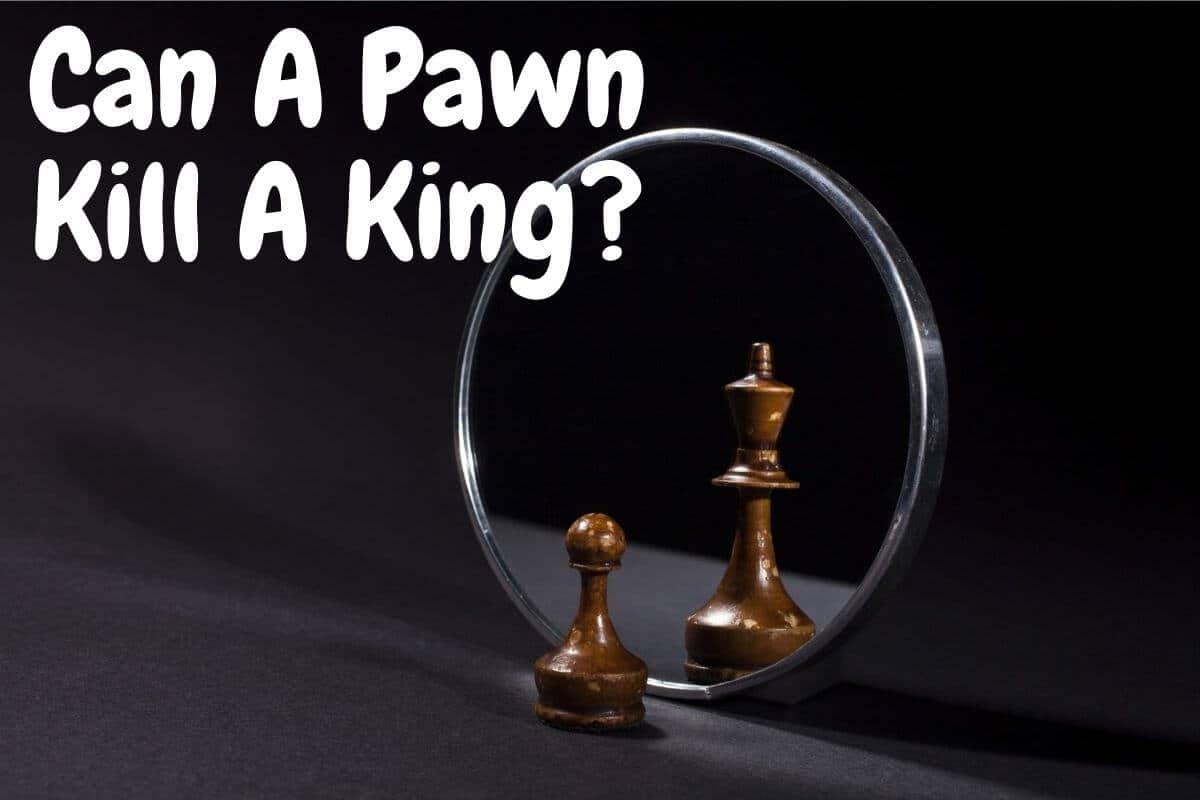On the face of it, poker and chess are very different games indeed.
One is complex, based almost entirely on skill with no luck involved, played in a tense and silent atmosphere. The other is part chance, part skill, where bluster and bluff are as important as the cards in front of you. Oddly, there are plenty of instances over time where skilled chess players have switched to poker with a degree of success.
In his early days, Ylon Schwartz was known as a keen chess player in the parks of New York City. He learned the rules of poker in 2000, and in 2009 he finished 4th in the WSOP Main Event for $3.8 million.
Dan Harrington is known as ‘Action Dan’ around the poker tables but was also the winner of the 1971 Massachusetts Chess State Championship. He also turned to writing books about his love of the popular card game.
The list goes on. Loek van Wely is a Dutch Super Grand Master and was rated among the world’s top 10 players at the turn of the century. He has since made $82,000 around the poker table, as well as becoming a politician. Almira Skripchenko, Jeff Sarwer, and Jennifer Shahade are further examples of players who cross between the two games with equal success.
So, how can chess stand you in good stead for a round of poker, and vice versa? By drawing on the following attributes needed for success in both.
Training
Whilst the games may rely on different principles in terms of luck or skill, both require a degree of knowledge of the rules and a game plan. Around a chessboard, you need to fully understand the moves, plays, and strategies needed to triumph, especially as you move up the ranks.
Poker is no different, a beginner could research the basics by using a poker hand rankings chart, an essential before sitting down around the felt. Then you need a plan – will you go big early, or be cautious and defensive? Both games require planning, preparation and understanding.
Endurance
Poker games can go on for hours, and the longest ever game of chess took place in Belgrade taking upwards of 20 hours. Whilst that might not be the norm, you must still concentrate and focus the whole time you are at the table, watching your opponent, plotting your move, and retaining a degree of physical comfort.
That can be intense, both in chess and poker, so a degree of endurance is needed for both games. It is probably why chess players migrate to poker so easily because sitting at a table and being completely committed to the cause comes as second nature.
Attitude
You cannot win every game, as we explored in our article about losing at chess. The key is having the right attitude, the ability to bounce back, learn from defeat and come back stronger.
The same must be said for poker. Even those noted as a success often are not the winners of a tournament, and when coming fourth is listed as an achievement, you must carry some mental strength to accept the win in the defeat.
Opponent
Finally, understanding your opponent is key. In both games, you must know if they are aggressive and intimidating, or pensive and reserved. You will likely study their previous matches, watching their technique and tactics to spot openings, or to be able to adapt your game when you face off against them.
Whether it is bluffing at poker, or playing defensive at chess, knowing how they reacted in the past gives you a great basis for beating them in the present.
